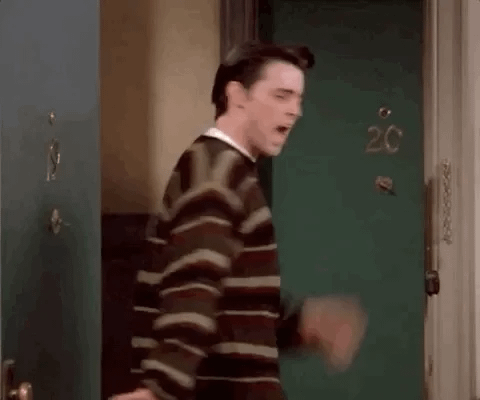If you ask for a Key, have I failed?
Doors, trust and keys.
My book has a chapter called Open Door Policy, Open Heart Intimacy. Some passages are adapted and used in this piece.
Back at K9 Coliving, a former hotel refurbished into a shared house of 30-something rooms and multiple shared spaces, we felt our doors could be left open. We never cared about locking at any time of the day or night, to the point where most of us had no idea where our keys were when it was time to move out.
The Power of the in-between spaces
Not having your door locked meant you felt like entering your home from the main entrance, not at your bedroom door.
Despite knowing our private spaces ended at the threshold of that door, the staircases and hallways felt like extensions of our private rooms. Those in-between spaces were not left bare to quietly fulfil their practical purpose, and they also did not come fully decorated by someone who had never lived here with art pieces that meant nothing to us.
With time, just like in a “regular home,” they became a place of connection and shared identity, and just like the rest of the house, they were filled with our art, mismatched furniture, and trinkets.
We spent hours on rainy weekends moving the furniture around the entrance, painting the corridor walls, decluttering shelves and looking for better shoe storage options.
Trust is knowing you can ask.
Keeping your door unlocked was one of the strongest messages of trust you could send your housemates. The added bonus was that if someone needed something, they could ask on our chat, and even if we were at work or gone for the week, we could give permission to search our room or even lend our bed to a visitor for the night.
“Ask” is the keyword here. After all, even vampires respect the sanctity of the private space. When you let your door open, you open the door to potentially have someone see a side part of you that you might have been hiding.
An unlocked door remains a boundary. An unlocked door still protects a personal sanctuary. Like when you grow up with brothers and sisters, you know better than to enter someone’s room without asking first.
But you also know you can ask. This strongly contributed to a sense of Home.
Is Safety a lock or a feeling?
When I worked as the Chief Happiness Officer at a Swedish coliving operator obsessed with offering smart locks on every door (the kind you unlock with your cellphone…until you run out of battery, I guess), I thought a lot about the message you send out when you try to provide “safety.”
I started reflecting on the difference between the objective concept of “being safe” and the subjective emotion of“feeling safe”.
The ideas of locks, smart or heavy metal ones, and cameras sounded like the ultimate “home-feel-killers.” I was convinced I could recreate the safety we felt at K9 without barricading ourselves.
I promise myself that keys would be an insignificant detail if I ever had a coliving.
Selgars came with keys, of course—many, many sets of keys.
We know where they are. But we rarely need them.
Mainly because we are always Home. Someone always is.
But also because I like to think we managed to create that sense of home and safety that makes people feel like they do not need to lock their space to prevent their housemates from going in. A sense of home that makes it evidence that we will respect their boundaries.
…And then someone asks for a key.
I am not going to lie. It has happened, and it will probably continue to happen. After all, people don't know us when they arrive, and they don’t know the area either.
We all have different experiences and backgrounds and come from various places worldwide, which can be more or less safe. Most of us lock out of habits.
But if that request ever comes in after a week or more… then I start to wonder… where did I fail?
It could be just a force of habit of living in a big city, a cultural bias, or even a muscle reflex.
It could be that people need more time (that is why it takes 2 months people!) to get used to a new way of doing things, to let go of the barriers, and to re-learn how to trust.
It could also simply be that they trust us but not the outside world.
There are so many reasons someone would want to lock their door.
I cannot always take it personally.
But I will keep trying to make people forget about keys altogether.
I will keep believing that the key to trust is not to trust keys but each other, and that an open-door policy leads to open-heart intimacy.
Pro tip: If you hit the heart at the bottom or top of this email, it will help others discover my work and make my day






